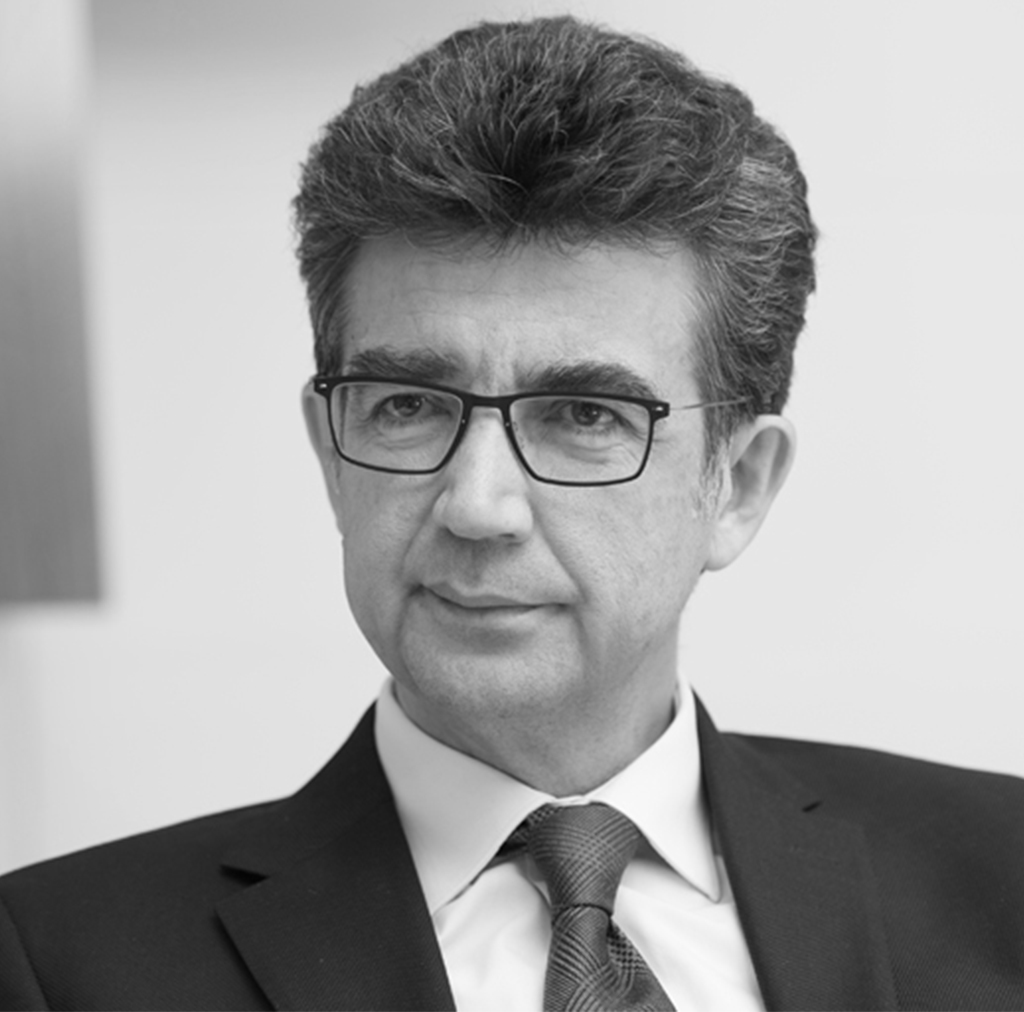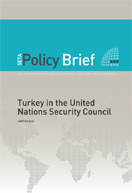Turkey’s new seat in the UNSC marks a historic achievement for Turkish foreign policy since 1961. Turkish diplomatic corps around the world and political leaders have lobbied towards this end since 2003.
Download full report Turkey’s new seat in the UNSC marks a historic achievement for Turkish foreign policy since 1961. Turkish diplomatic corps around the world and political leaders have lobbied towards this end since 2003. In recent years, Turkey has expanded its foreign policy parameters not only in theory but in practice and reached out to disparate corners of the world. Turkey’s present success offers challenges and opportunities together. While trying to contribute to international security, Turkey will face the requirement of transforming its domestic politics in accordance with the realities of the post Cold War era. Turkey’s policies of bringing the conflicting sides together and initiating platforms for cooperation will be seen more often now in international politics.
***
Turkey won a seat as a non-permanent member of the United Nations Security Council in the election held on October 17, 2008. Turkey had competed in the “Western European and Others” bloc along with Austria and Iceland; out of 192 voting members of the UN General Assembly, 151 voted for Turkey. Turkey and the second winner in the same bloc, Austria, will replace Belgium and Italy. The responsibilities of the seat will resume on January 1, 2009 and end on December 31, 2010.
The United Nations Security Council is formed around five major permanent members (also called the big five), the United States, Russia, China, the UK, and France. The permanent members represent the real power distribution, each holding the power to veto any decision. In addition to these five permanent members, the United Nations General Assembly elects ten non-permanent members from among five blocs representing different regions in the world. Non-permanent members of the UNSC are elected for a two years term and are not eligible for immediate re-election.
Turkey’s new seat in the UNSC is a historic achievement for Turkish foreign policy since 1961. After holding a non-permanent member seat three times, in 1951–1952, 1954– 1955 and in 1961, Turkey tried its hand throughout the 1970s and twice in the 1990s with no success. Turkey’s present success was not won easily and reflects the dynamic transformation in Turkish foreign policy over the last few years. The success came with hard work and coordinated diplomacy, and it promises to offer challenges and opportunities together. The following lines briefly discuss the path that led to Turkey’s present seat in the Security Council, and assess its potential impact on Turkish foreign policy...









